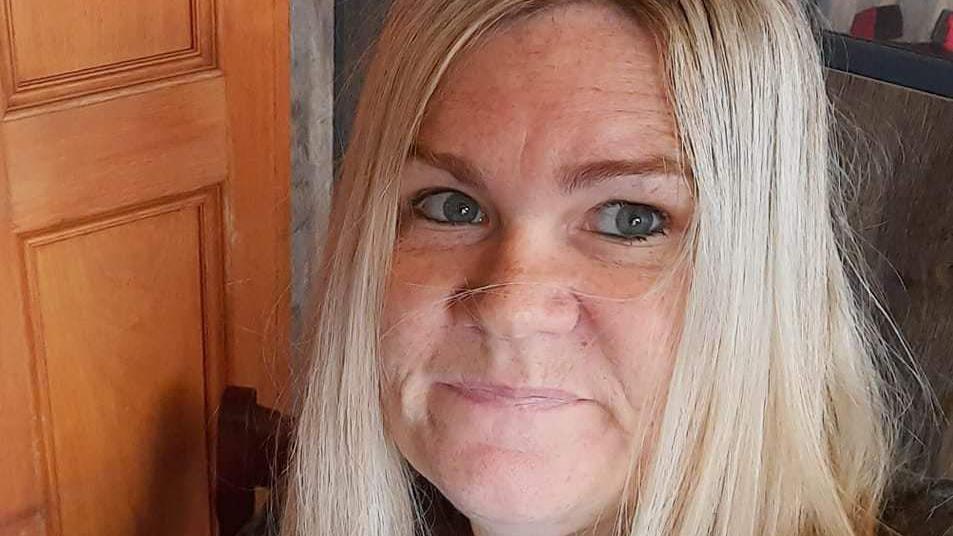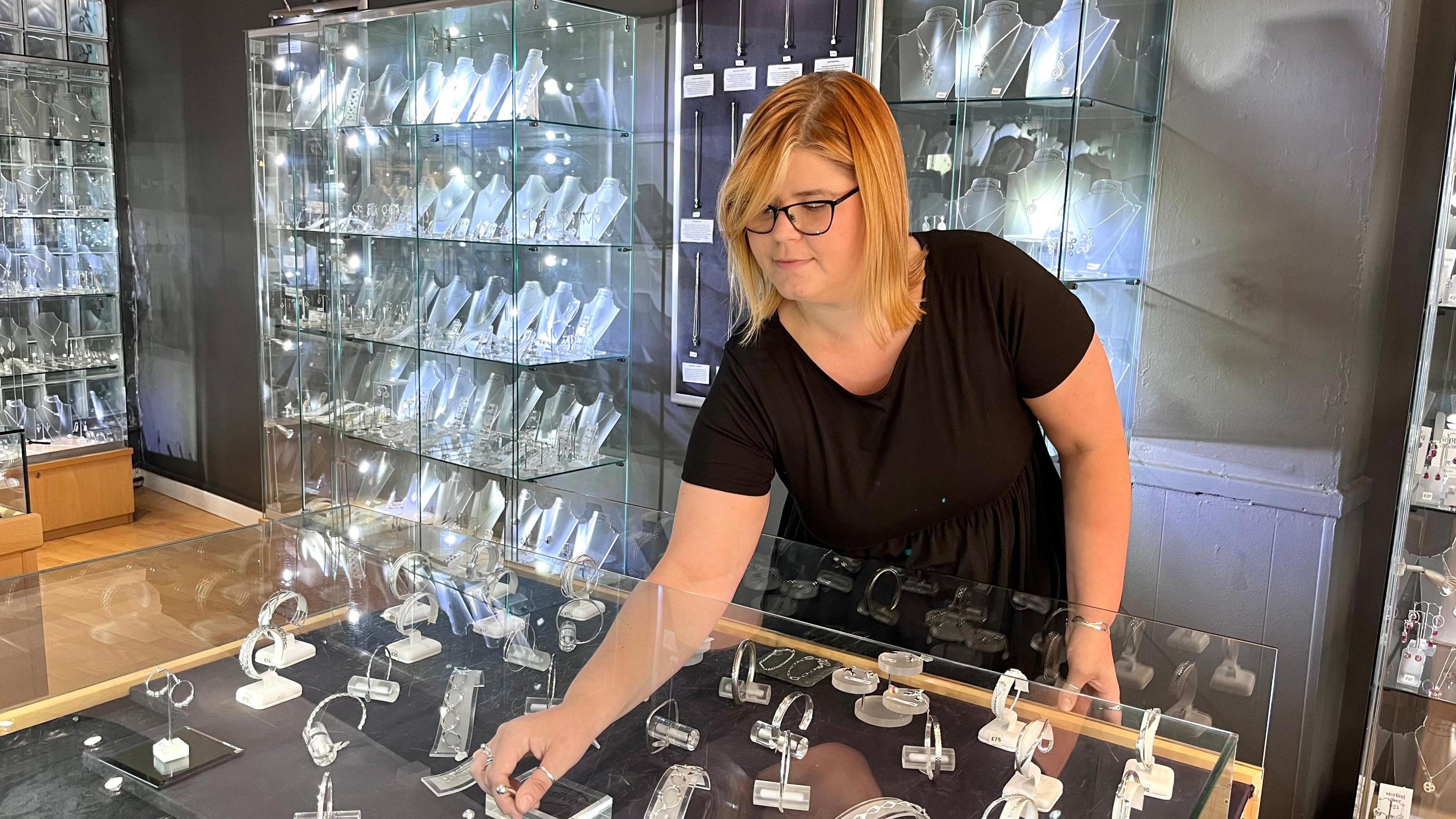Norfolk small businesses 'nervous' about Budget

The Federation of Small Businesses said company owners were "understandably nervous" about the Budget
- Published
Small business owners in Norfolk said they would be watching the Budget closely, with concerns over possible changes to National Insurance rules, corporation tax and business rates.
The Federation of Small Businesses (FSB) said company bosses were "understandably nervous".
"Some of the potential measures, such as an increase in employers National Insurance contributions, will disproportionately impact small businesses who are already struggling with high costs and low consumer confidence," said the FSB’s East Anglia development manager Candy Richards.
The Budget, due to be delivered by Chancellor Rachel Reeves, is Labour’s first in over 14 years.
'It’s high risk'

Chris Gibbons said he was concerned about what changes to corporation tax could mean for his company
Chris Gibbons never dreamed that he would run a business, but he has been co-owner of Morello Services – a flat roofing company – for almost three years.
Based on the outskirts of Norwich, it has been doing well, securing contracts with the likes of the University of East Anglia and RAF Marham.
It’s definitely been an eye-opener," he explained.
"Just the pressure of the job, running a business, from making sure you’ve got work, securing the work – it’s a very competitive market. You can’t switch off."
Mr Gibbons said he was worried about the likely increase in the amount employers have to pay towards National Insurance.
Whilst his workforce had grown from six to twelve, he said a rise could lead to his company looking to save money by using more sub-contractors, instead of directly employed staff.
He also feared an increase in corporation tax, the tax companies pay on their profits.
"It’s an industry where lots of small businesses do go under, it’s high risk. We’re in a position where we could grow but we’re weighing up now that perhaps scaling back would be more sensible just to keep well within the threshold of Corporation Tax (and) minimise our risk."
'Pubs need business rate relief to survive'

Brewer David Holliday said ending business rate relief would badly affect his main customers in the pub trade
At the Moongazer brewery in Hindringham near Fakenham, where ales including ‘Tanky McTankface’ are brewed, David Holliday said business was "pretty good at the moment".
"We had a good summer. Don’t get me wrong, it was challenging, the cost of living crisis is still biting and it’s a hard pound to earn."
He warned against any increase in beer duty but his biggest concern was something that would affect 250 to 300 of his main customers – pubs.
Business rates relief was introduced for hospitality businesses in response to the Covid-19 pandemic, but without an extension from the government, it is due to end in April next year.
"Many pubs are needing that to survive," Mr Holliday said.
"I know some pubs in Norwich that have business rates of £80-90,000. So that support (is worth) £40,000 a year and some landlords say that’s paying their salary."
'Changes could really impact me'

Stephanie Godin said she was worried about changes to business rates
Stephanie Godin opened her dog grooming business in Dereham in August, after struggling to find a job.
"I needed to find employment, so did something for myself."
Describing herself as "a crazy dog lady", starting Bark ‘n’ Bubbles tied in nicely with her big passion and she said her regular client list was growing.
Until this year, she had never paid much attention to the Budget, but said she was nervous about any changes to business rates.
Currently, Ms Godin’s premises is exempt from them, but the government has promised to reform the business rates system and she was apprehensive about what change could mean.
"Any change could really impact me. It would mean another expense, it would affect my earnings and my cost of living. It’d affect my clients as I’d have to put my prices up."
Follow Norfolk news on BBC Sounds, Facebook, external, Instagram, external and X, external.
More stories like this
- Published6 August 2024

- Published31 July 2024

- Published12 June 2024
